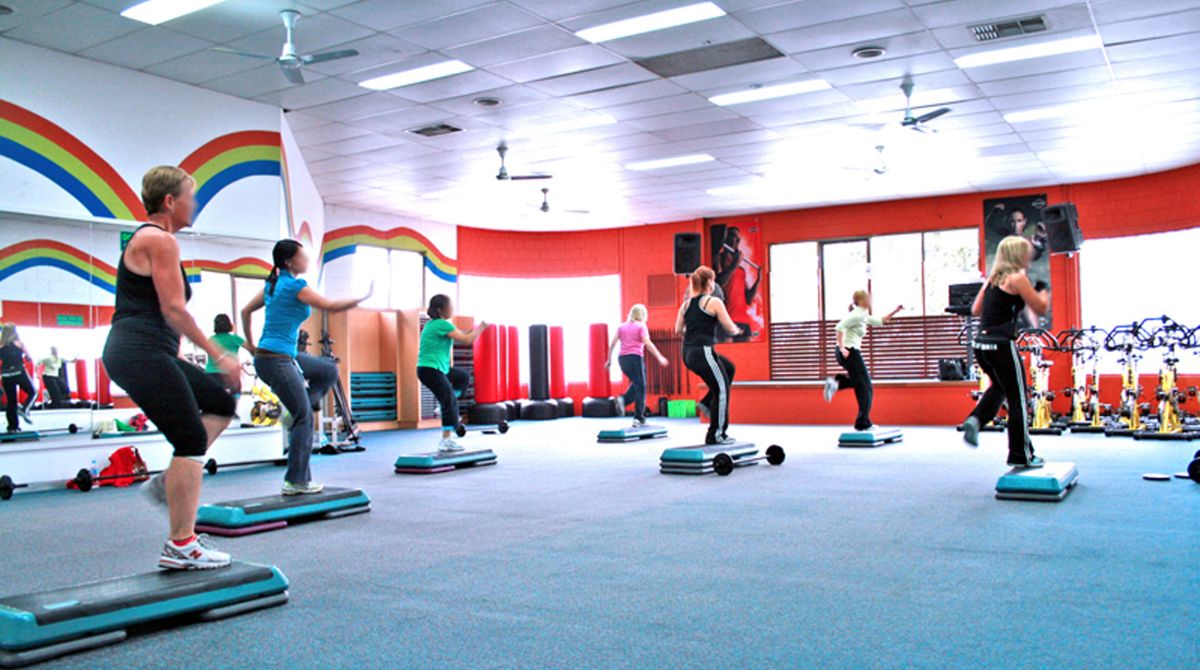Exercise recommendations for people with chronic pain welcomed by rehabilitation science expert at Kingston University and St George's, University of London
Posted Thursday 8 April 2021

The announcement by medicines watchdog the National Institute for Health and Care Excellence (NICE) that exercise should be recommended to people suffering from chronic pain, rather than prescribed painkillers, has been welcomed by rehabilitation science expert at Kingston University and St George's, University of London Professor Mike Hurley.
Professor Hurley, whose award-winning programme ESCAPE-pain has now helped more than 20,000 people with chronic hip and knee pain and saved the NHS an estimated £30 million in the process, gives his thoughts on the new guidance.
It is not surprising to see the new guidelines from NICE about exercise being better than drugs for people with persistent pain and this advice is very welcome.
We have known for a long time that painkillers might reduce some of the pain people experience, but they do nothing to address the underlying problem of joint stiffness and muscle weakness. People can also often become overly reliant on tablets.
Exercise, which can take the form of simple physical activity such as walking, is good for people with joint pain. Joints were made to move and if we don't move them they'll get stiff, creaky, even more painful and our muscles, which are extremely important for protecting our joints against harmful movements, will weaken – exposing them to even greater harm.
Exercise keeps joints moving, builds muscle and helps people remain active and mobile, improving their overall wellbeing and maximising independence. So it is very welcome that such an influential organisation as NICE is making the recommendation to exercise rather than take tablets.
This comes at the same time as the publication of a systematic review of the scientific evidence that shows exercise is not only more effective than usual care at reducing pain and improving function but also more cost effective. This means a better outcome for less money and it gives exercise tremendous value. We are very proud our programme ESCAPE-pain – a rehabilitation programme that combines education and exercise – contributed three studies to the evidence backing the systematic review.
Before the Covid-19 pandemic hit the United Kingdom in March 2020, ESCAPE-pain was being delivered in 294 physiotherapy departments and community centre sites across the country. Almost 20,000 people have taken part in the programme, most of whom reported benefits from it. This, in turn, has saved the health system roughly £30 million through reducing the amount of healthcare support these patients need.
As lockdown begins to ease and life starts to return to some form of normality, we are restarting ESCAPE-pain and getting it back up and running at the sites where it was taking place a year ago. We will then aim to roll out the programme much further as quickly as possible, increasing access to it at a time when many more people need to understand the importance of exercise in managing joint pain and be shown how to exercise safely.
- Find out more about studying rehabilitation sciences at Kingston University and St George's, University of London.
- Find out more about the Escape-pain programme.